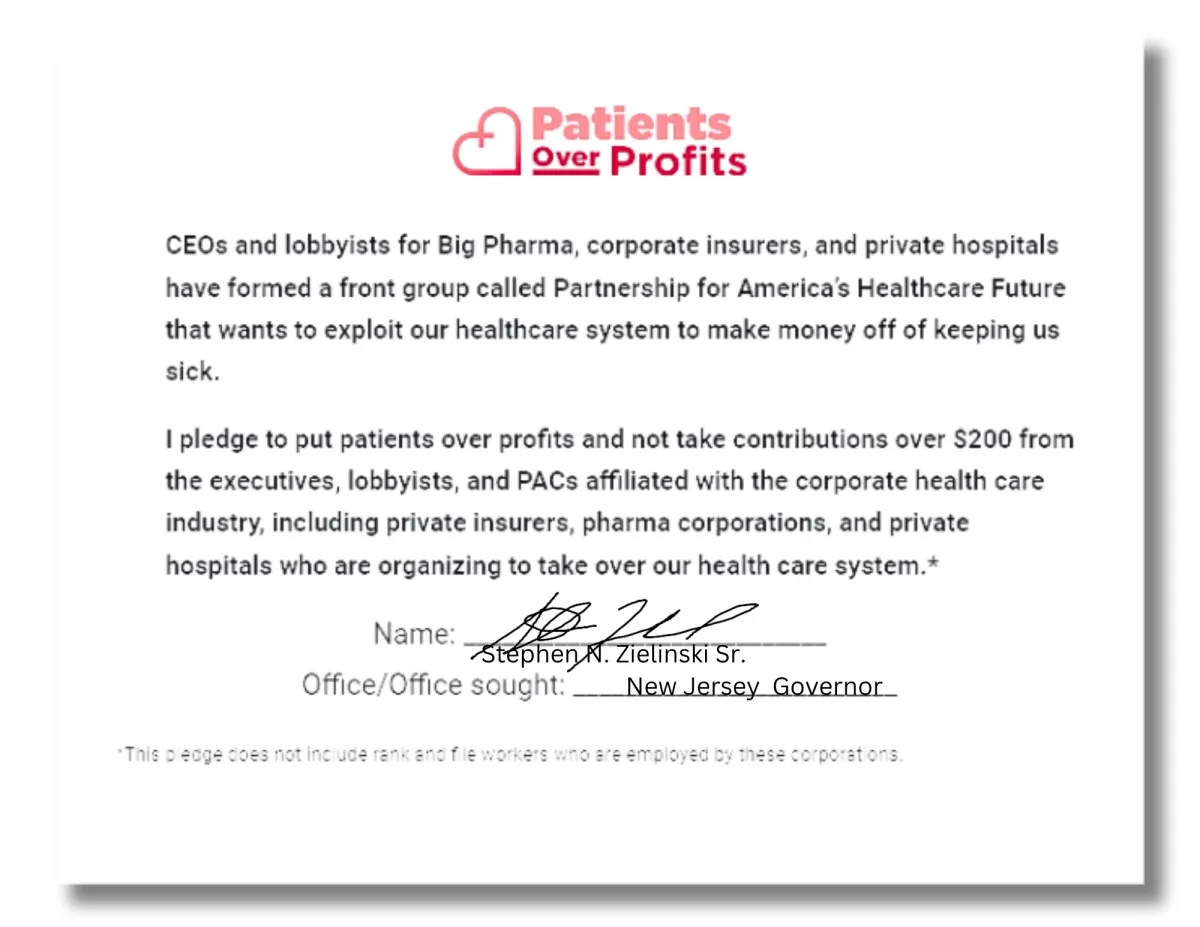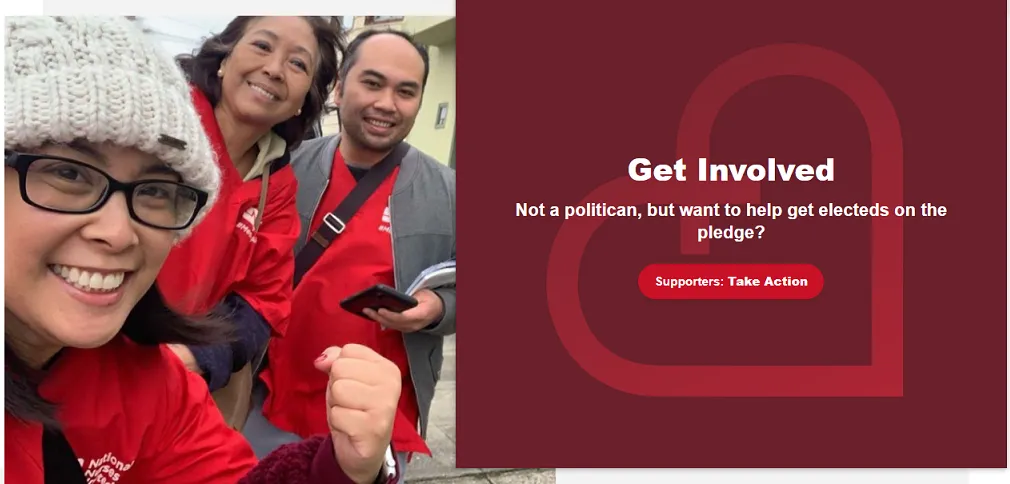The Corporate Healthcare Industry and Its Impact on
Patients and Politics
The corporate healthcare industry, which includes private insurers, pharmaceutical companies, and private hospitals, has a profound influence on the health and well-being of patients, as well as on the political landscape. This industry often prioritizes profits over patient care, leading to various adverse outcomes for individuals seeking medical services.
Profit-Driven Practices and Their Consequences
The primary goal of many corporations within the healthcare sector is to maximize profits. This profit-driven approach can lead to several detrimental practices:
High Costs of Medications and Treatments: Pharmaceutical companies frequently set high prices for medications, making essential drugs unaffordable for many patients. For instance, the price of insulin, a life-saving drug for diabetics, has skyrocketed over the past decades, placing a heavy financial burden on patients.
Insurance Barriers: Private insurers often employ tactics such as denying claims, restricting coverage, and implementing high deductibles and copayments. These practices can lead to patients forgoing necessary treatments due to cost, resulting in worsened health outcomes.
Focus on Profitable Treatments: Private hospitals may prioritize high-revenue procedures and treatments over essential but less profitable services. This can lead to a lack of availability of critical care services in certain areas, particularly in underserved or rural communities.
Political Influence and Prevention of Reforms
The vast financial resources of the corporate healthcare industry enable it to exert significant influence over politicians and policymakers. This influence is often used to thwart meaningful healthcare reforms that could benefit patients but potentially reduce corporate profits. The mechanisms of this influence include:
Lobbying: Healthcare corporations spend billions of dollars on lobbying efforts. In 2020 alone, the pharmaceutical and health products industry spent over $300 million on lobbying activities, making it one of the highest-spending sectors in this arena.
Campaign Contributions: By making substantial contributions to political campaigns, these corporations gain access to and favor from elected officials. This financial support can create a dependency that discourages politicians from pursuing reforms that might negatively impact their donors.
Political Action Committees (PACs): PACs associated with healthcare corporations and trade associations also play a significant role in shaping policy by contributing to candidates who support their interests.
The “Patients Over Profits” Pledge
In response to these challenges, the “Patients Over Profits” campaign is mobilizing to urge elected officials and candidates to reject the financial influence of the corporate healthcare industry. The pledge calls on politicians to refuse campaign contributions from executives, lobbyists, and PACs affiliated with private insurers, pharmaceutical companies, and private hospitals.
The pledge is part of a broader movement supported by a coalition of organizations dedicated to healthcare justice. These organizations advocate for:
Affordable and Accessible Healthcare: Ensuring that all individuals have access to necessary medical services without financial hardship.
Transparency and Accountability: Promoting transparency in pricing and accountability in the provision of healthcare services.
Public Health Focus: Shifting the focus of healthcare from profit to public health and well-being.
Facts About the Healthcare Industry
High Spending: The United States spends more on healthcare than any other country, with expenditures reaching nearly $4 trillion in 2020. Despite this high spending, health outcomes in the U.S. often lag behind those of other developed nations.
Pharmaceutical Profits: The global pharmaceutical market is projected to reach $1.5 trillion by 2023. Major pharmaceutical companies consistently report high profit margins, often exceeding those of other industries.
Insurance Coverage Gaps: Approximately 30 million Americans remain uninsured, and many more are underinsured, facing high out-of-pocket costs that can deter them from seeking necessary care.
Rural Healthcare Crisis: Many rural areas face a shortage of healthcare providers and facilities, leading to significant disparities in access to care. This is exacerbated by the closure of rural hospitals, driven in part by financial pressures and consolidation within the healthcare industry.
The influence of the corporate healthcare industry on patient care and politics is profound and pervasive. Efforts like the “Patients Over Profits” pledge are essential in pushing for reforms that prioritize the health and well-being of patients over corporate profits. By supporting politicians who refuse to be swayed by corporate contributions, there is hope for a more equitable and just healthcare system that serves the needs of all individuals.
As a candidate for New Jersey Governor, I am deeply committed to ensuring that our healthcare system prioritizes the well-being of patients over corporate profits. CEOs and lobbyists for Big Pharma, corporate insurers, and private hospitals have formed a front group called Partnership for America’s Healthcare Future, which aims to exploit our healthcare system for their financial gain, keeping us sick to increase their profits.
To combat this, I pledge to put patients over profits. I will not accept contributions over $200 from the executives, lobbyists, and PACs affiliated with the corporate healthcare industry, including private insurers, pharmaceutical corporations, and private hospitals that are organizing to take over our healthcare system. I urge all elected officials and candidates for office to join me in taking this pledge to ensure that our healthcare system serves the needs of all people, not the interests of a wealthy few.
If you would like to donate by check to the
Stephen Zielinski Sr for Governor campaign, please click here.
Call
+1 866-764-0588
+1 609-469-3371
Email: [email protected]
PAID FOR BY STEPHEN ZIELINSKI SR FOR GOVERNOR
PO BOX 11311, TRENTON, NJ 08650



Facebook
Instagram
X
Youtube
TikTok